Donovan's Driveway Sealcoating: Your Questions Answered, Your Driveway Protected!
Are you considering enhancing your driveway with sealcoating? Look no further – Donovan Sealcoating is here to guide you through the ins and outs of driveway sealing and sealcoating. As your trusted local professionals in Massachusetts, we’re excited to provide you with a wealth of information on these critical maintenance practices. With years of experience catering to this region, we’re well-equipped to walk you through the specifics of caring for your driveway.
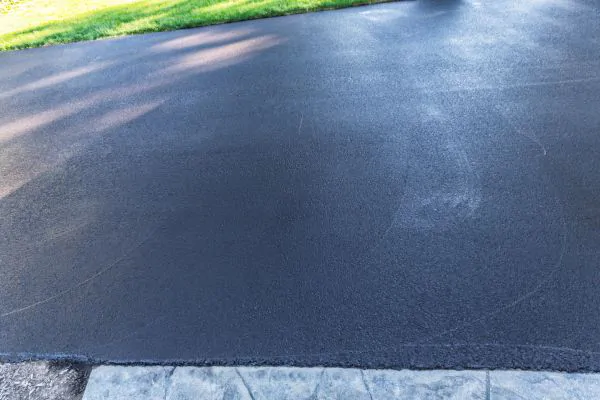
Driveway sealing involves meticulously applying a protective coating to your pavement's surface. This barrier shields against harsh weather, UV rays, oil spills, and other damaging elements. By preventing moisture penetration and reducing wear, driveway sealing enhances the lifespan and overall appearance of your pavement, ultimately saving you from expensive repairs.
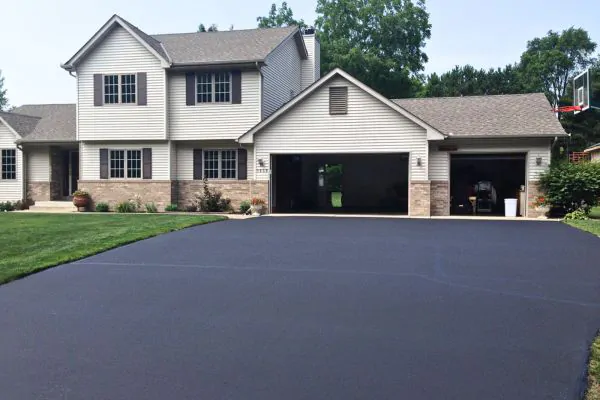
Absolutely! Sealcoating significantly extends the life of your driveway, enhances its appearance, and protects against various elements. It's a smart investment that pays off with reduced maintenance costs and a prolonged lifespan. Sealcoated driveways last 2 and 3 times longer than non-sealcoated driveways.
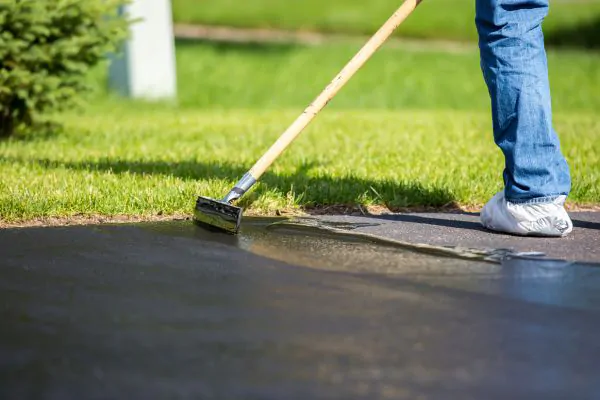
Timing varies with Massachusetts' seasons. Spring and fall are optimal due to milder temperatures and lower humidity. This creates ideal conditions for proper sealant adhesion. As we know, it can be 95 degrees one day in Massachusetts and 50 degrees the next day, so our expert advice can be tailored to current weather patterns for the best results.
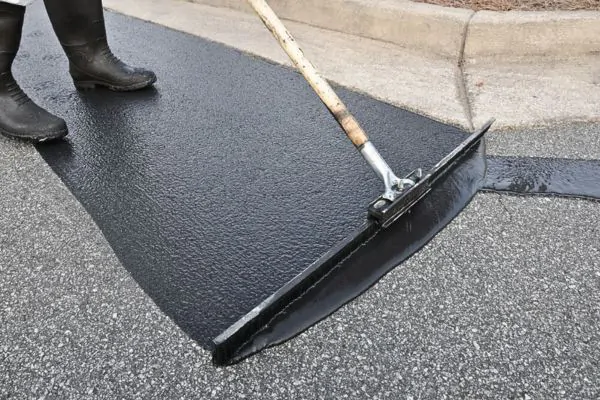
A general guideline for the Massachusetts climate is every 2-3 years. Usage frequency and unique weather conditions play a role. Regular inspections and maintenance can help determine precise timing for your next sealcoating project.

Costs vary based on driveway size, condition, and chosen materials. Generally, prices range from $0.40 to $0.60 per square foot. For an accurate estimate, contact Donovan Sealcoating for a personalized assessment.
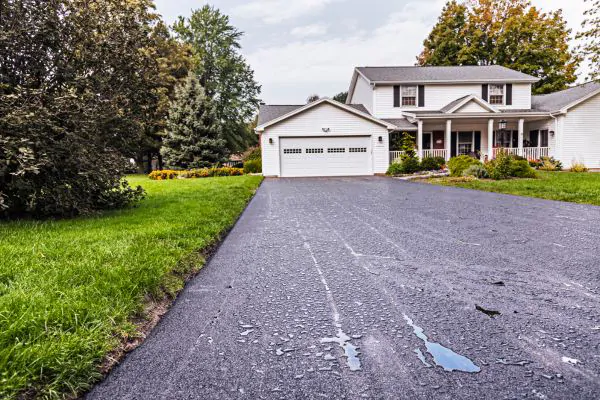
Sealcoating offers enhanced protection, resistance to cracking, and a polished appearance. It extends pavement life, reduces maintenance costs, and boosts curb appeal. Regular sealcoating is an investment that pays off over time.
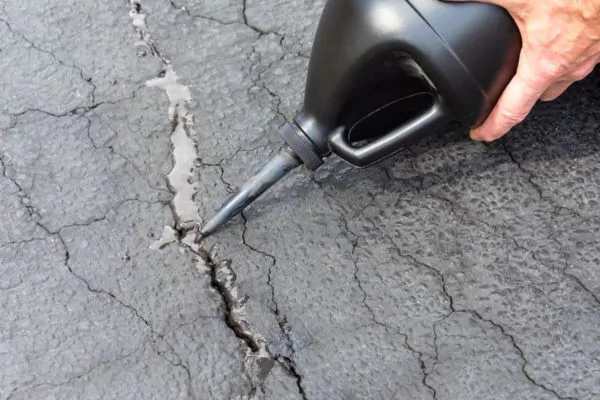
Sealcoating prevents minor cracks from worsening, but it's not a fix for major cracks. Address existing cracks before sealcoating for optimal results. Sealing over minor cracks prevents moisture infiltration, reducing further damage.
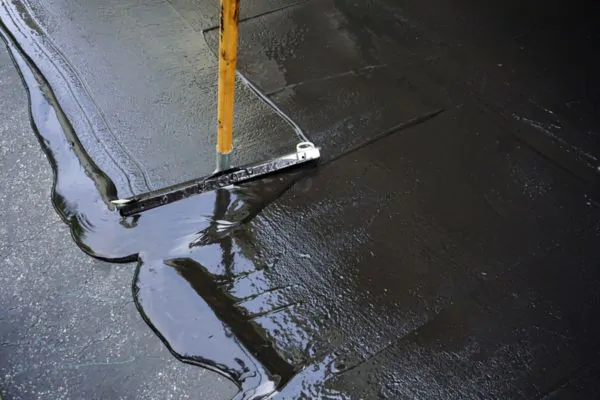
Resealing every 2-5 years suits Massachusetts' climate. Wear, usage, and seasonal changes impact timing. Regular assessments determine reapplication, ensuring pavement integrity.
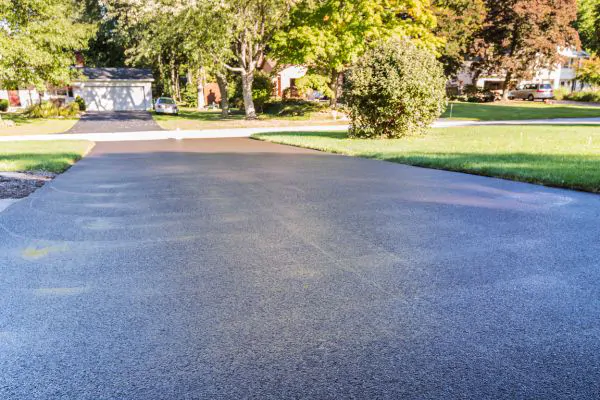
Sealcoating materials vary in environmental impact. Water-based and asphalt-based sealants with fewer VOCs are eco-friendlier options. Choose sustainability for both pavement health and the planet.
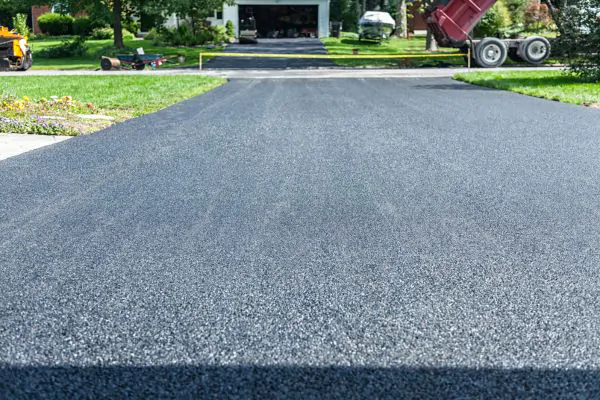
Wait at least 6 months for newly laid asphalt before sealcoating. This allows proper curing and stabilization. Follow manufacturer guidelines for effective bonding and optimal protection.
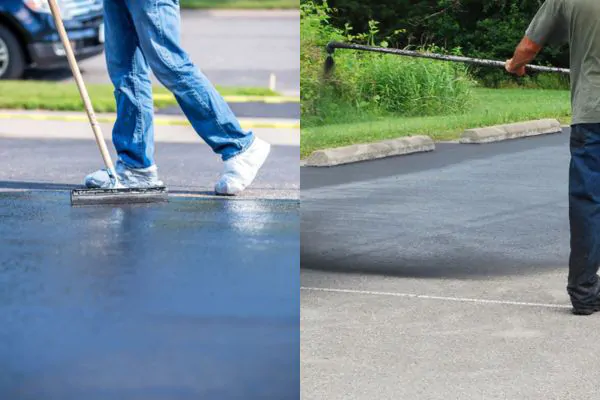
Both methods have merits. Squeegee application provides a thicker coat for greater protection, while spraying offers a more even finish, which can mean it needs to be done more often. The choice depends on your specific needs, and our experts can guide you to the right solution. We generally suggest squeegee for better protection and look.
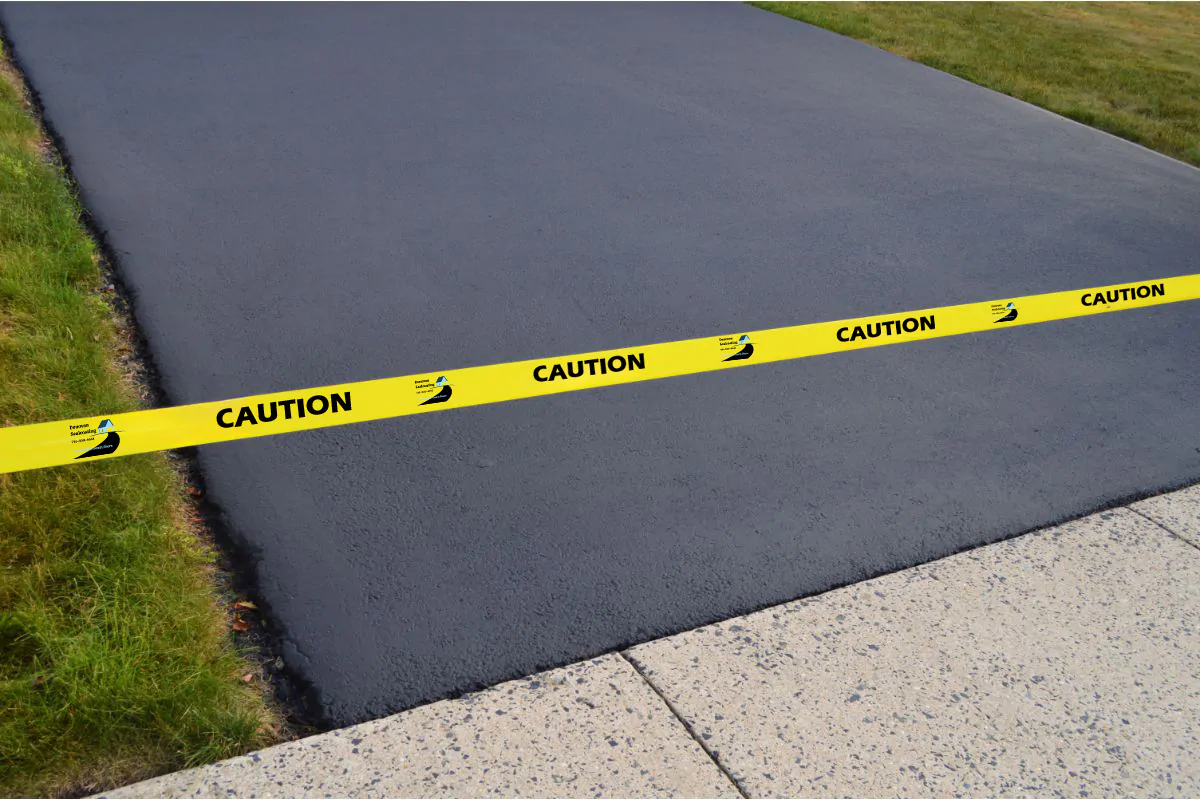
As a general rule, allow 24-48 hours for sealcoating to fully cure. However, factors like weather conditions and sealant type can influence this duration. It's best to follow Donovan Sealcoating's recommendations for the optimal wait time.
We’re thrilled you’ve visited Donovan Sealcoating’s FAQ page. Crafted to provide a professional and locally tailored perspective, it reflects our commitment to top-notch pavement care. For in-depth insights on our sealcoating process and personalized guidance, explore linked articles. Need hands-on expertise tailored to your pavement? Contact our skilled team. Donovan Sealcoating ensures your driveway stays in optimal condition.
© 2024 Donovan Sealcoating. All Rights Reserved
Designed by Small Biz Drs LLC